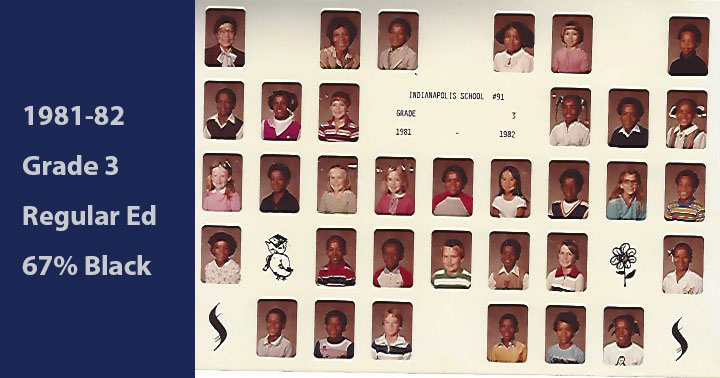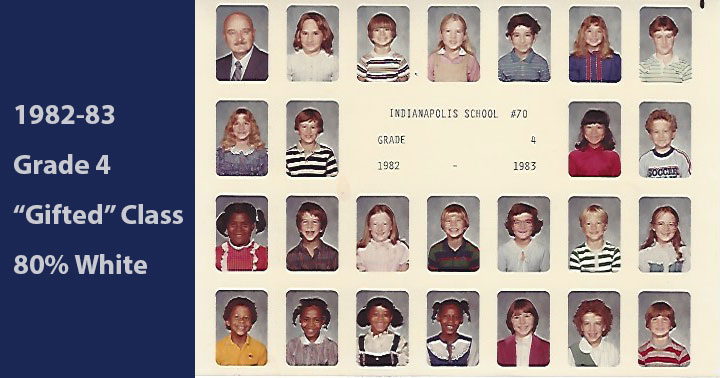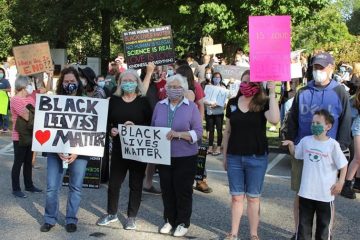Although I participated in both of the peaceful protests against Racial Injustice on the Common the last two weeks and I posted briefly about those on Facebook, I wanted to take some time and put together a thoughtful statement before posting to my website. I have been thinking about racial inequality a lot over the last four years and even more so in more recent weeks since the murders of Ahmaud Arbery and George Floyd. I fully support the Black Lives Matter movement and believe in working continually to identify and reduce systemic racism.
I have been listening to the news and reading my black Facebook friends’ posts from other cities, especially ones who are close to areas where the protests have become violent, and trying to make sure I hear them and trying to figure out what I can do as a white person to be a part of the solution. And when I say “black friends,” I need to be honest that even though we attended school together, we were not friends in the same sense that I was with my white friends and I don’t think I ever even went over to their houses for a playdate, but I very much appreciate that they are Facebook friends with me now and I can hear their voices in a way that I didn’t as child.
We are very insulated here in Hopkinton and our protests have been safe. Our local police officers even stood with us. My sister and I grew up attending majority black public schools in Indianapolis and I did not really understand systemic racism or white privilege at the time, I was just sad when most of my white friends from my neighborhood either moved a mile away to get into a “better” school district or their parents enrolled them in private school in order to avoid being bused to a predominantly black school. I have become much more aware of this in recent years. In my work and daily life I am trying hard to recognize my implicit bias and keep my white privilege in check in the interactions I have with people of color, but I know I am not perfect and sometimes I slip and make assumptions that conform to stereotypes and I feel awful after. I work in a school district that is not very diverse and although the instances of overt racism are rare and make the papers, the students of color express that microaggressions occur frequently and that white staff and students make assumptions about them based on stereotypes and implicit biases, probably without meaning to or even being aware they may treat them differently. Listening to the students express this makes me want to work harder and more consciously on changing my implicit biases, focus on seeing people as individuals, and adjust my perspective to see things from the other person’s point of view.
I’m attaching a couple of photos to illustrate the systemic racism from my childhood. Starting in grade 4 we were tracked into classrooms as either “Gifted & Talented,” regular education or special education. You can see in the photos that in Grade 3 my regular ed class was 67% black, but in Grade 4 when I was tracked as “gifted” I moved to a class that was 80% white. Back then I just was happy that I was considered “gifted” and it made me feel smart, but I recognize as an adult that probably getting into the “gifted” program just meant that you had advantages in life such as being white or having college-educated parents. And once I got tracked into the Gifted & Talented program, it set the path for my future educational career and allowed me to get into higher level classes in high school, therefore I benefited from systemic racism as most white people do. There is ample evidence. We cannot pretend that it is an isolated problem or a few bad apples. It is important to acknowledge that in order to move forward together.
This is hard work and we all have to all keep at it. As an elected official when people of color or other marginalized groups come before our town boards I pledge to listen to their stories, hear their concerns and see them as individuals. I hope people will feel comfortable contacting me privately or publicly if they feel this is not happening.


